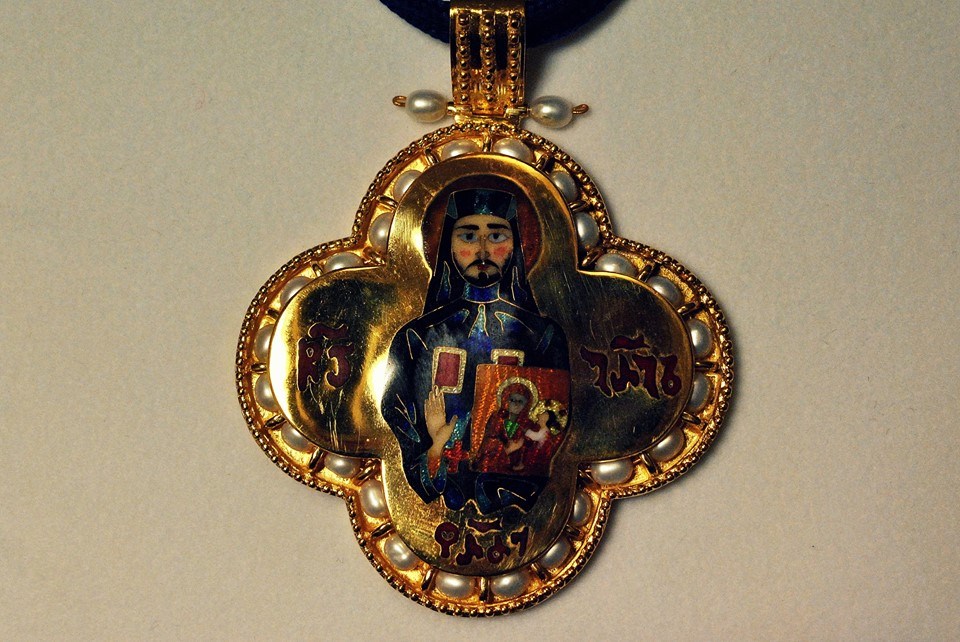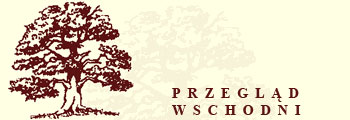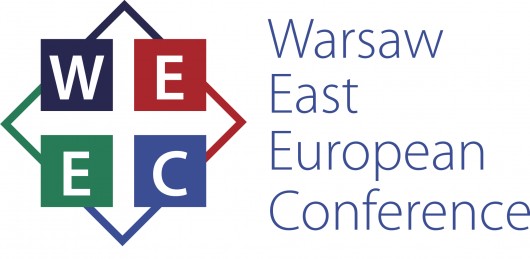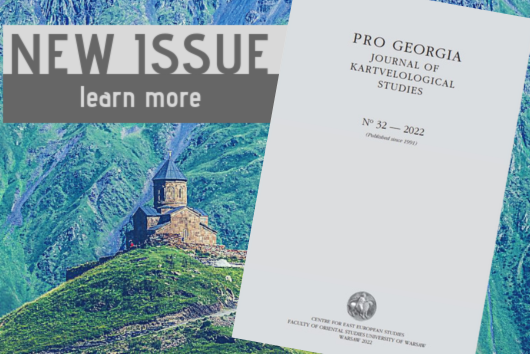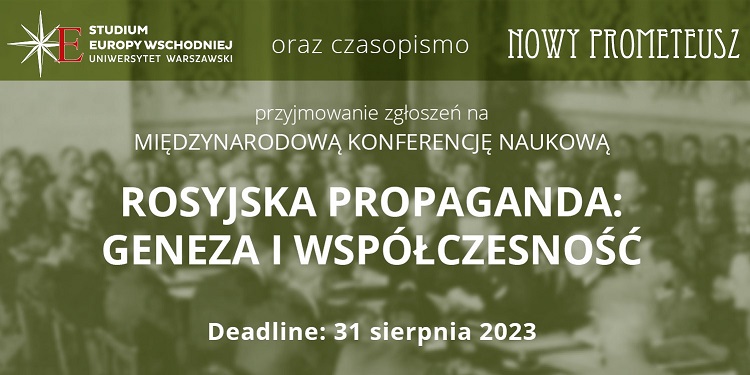
XIX International Promethean Conference (Call for papers)
Centre for East European Studies at the University of Warsaw
The editors of the journal „New Prometheus” invites you to participate in the XIX International Promethean Conference Russian propaganda: origins and contemporaneity, October 26-27, 2023
The phenomenon of propaganda has long been present in the history of mankind as part of the political system. However, it played an unprecedented role in totalitarian systems, most notably in Stalin’s USSR and Nazi Germany. It is therefore worthwhile to begin the analysis of totalitarian systems with a study of the nature of propaganda. The events of recent years involving the annexation of Crimea in 2014 and the invasion of Ukraine in 2022 by the Russian Federation, and the ensuing global energy and food crisis, testify that this country continues the tradition of disinformation, making it an overarching pillar of its policy in international relations. In a relatively cheap way, the Kremlin is infiltrating the media environment through socio-technical tools and leading to the erosion of trust, polarization, discord and hatred in European societies. Despite the fact that the phenomenon of propaganda, manipulation and disinformation has been studied by political scientists there is still a need for multifaceted interdisciplinary research at the intersection of historical, social and political sciences for a broader view of the problem of information warfare, methods that cause manipulation of behaviour and control of the information provided.
In the 20th century, the phenomenon of propaganda acquired its most dangerous and massive character under communism, as a weapon for enslaving the minds of the masses in the USSR, falsifying the history and reality of nations, and ideological expansion to the West. Soviet propaganda manipulated knowledge and perception of facts, and stimulated certain behavioral patterns in order to elicit a response in line with the totalitarian communist system. Terror on a massive scale, the forging of a new type of man, the definition of the „enemy”, censorship and centrally directed propaganda all played an important role. The systematic, institutionalized policy of propaganda had an impact both by controlling the media message, but especially through literature, musical works, art and cinema.
It would seem that after the collapse of the Soviet Union and the exposure of the mechanisms of propaganda and associated manipulation, many tools have been exposed and the public in the West is more desensitised to disinformation. However, the rise of new media is creating a new threat in the form of lying information (fake news), bots, disinformation campaigns in the digital space and other psychological techniques leeching off public opinion.
The main issue we would like to devote our conference is to looking at and discussing the origins, functioning and evolution of Russian and Soviet propaganda.
The thematic framework of the conference thus defined would include topics such as Bolshevik propaganda during the Russian Civil War of 1917-1921; Soviet propaganda, and the journalistic activities of anti-Soviet emigration.
The above list is, of course, not exhaustive and the organisers are open to any topics that fall within the framework outlined above.
As part of the conference, the organisers intend to seek answers to the following issues, among others:
- History of anti-Soviet emigration
- Promethean movement’s contribution to combating Soviet propaganda
- Promethean press
- The experience of sovietisation in the Soviet republics.
- Propaganda of the Stalinist period. Objectives and mechanisms.
- Contribution of the interwar Promethean emigration in combating Soviet propaganda
- The Great Patriotic War in Soviet propaganda
- Russian false historical narratives: origins, objectives and mechanisms
- Propaganda/counterpropaganda of Soviet and post-Soviet ideological expansion.
- Cultural nationalism
- Culture as a tool of propaganda
- The idea of the new man in Soviet and post-Soviet propaganda
- Media as a means of influencing public opinion of societies. Fake news and disinformation in the modern world
- Social realism
Application deadline:
The title of the paper and one-page abstract (a. 400 words), a brief biography of the paper’s author with affiliation information (full name of the represented organization and position) and contact details has to be sent until August 31, 2023, to email: programy.studium@uw.edu.pl
Selected papers can be published in the “New Prometheus” journal (Nowy Prometusz).
Length of paper up to 20 minutes.
Conference venue: University of Warsaw, 26/28 Krakowskie Przedmieście Street, 00-927 Warsaw
Working languages: Polish and English
Fee: There is no fee for participants of the Conference. For participants coming outside of Poland we can make a reservation at the University of Warsaw hotel “Hera” or “Gromada”.
Scientific committee of the conference:
• director Jan Malicki (Centre for East European Studies);
• dr Justyna Olędzka;
• dr Witold Rodkiewicz (OSW, Centre for East European Studies);
• dr hab. Zaur Gasimov (University of Bonn);
• dr Katsiaryna Kryvichanina (Centre for East European Studies);
• dr Maxim Rust (Centre for East European Studies);
• dr Anton Saifullayev (Centre for East European Studies).
Organizing committee:
• dr. Shahla Kazimova (Centre for East European Studies);
• Iurii Tkachuk (Centre for East European Studies);
• Daria Szlehengier (Caucasus Station, Centre for East European Studies).

